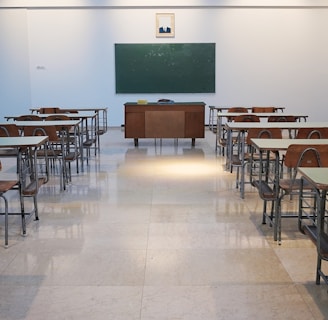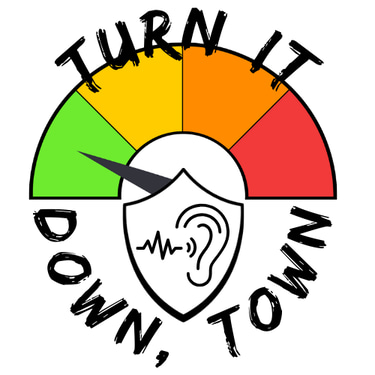Volume-Friendly Classrooms: What Students Wish Teachers Knew
This post explores how classroom noise impacts students with sensory sensitivities, ADHD, autism, and anxiety—and what educators can do to create more inclusive, volume-friendly learning environments. Drawing from student voices and community insight, it offers practical tips and a compassionate call to listen. Ideal for teachers, parents, and advocates seeking to support neurodiverse learners.
10/23/20251 min read


Not every student thrives in a loud classroom. For some, noise isn’t just distracting—it’s overwhelming, disorienting, even painful. Volume-friendly classrooms aren’t about silence; they’re about safety, accessibility, and respect for sensory diversity.
At Turn It Down, Town, we’ve heard from students who’ve quietly endured the chaos of clanging chairs, echoing gymnasiums, and group activities that feel more like shouting matches than learning opportunities. Their message is clear: “We’re not trying to be difficult. We’re trying to survive the school day.”
What Students Wish Teachers Knew:
Noise hurts. For students with sensory sensitivities, ADHD, autism, or anxiety, loud environments can trigger shutdowns, meltdowns, or physical discomfort.
Volume isn’t always obvious. What feels “normal” to one person might be unbearable to another. Students may not speak up because they fear being labeled dramatic or disruptive.
Small changes matter. Soft-close chair pads, visual timers, noise-canceling headphones, and flexible seating can make a world of difference.
Tone and delivery count. A calm voice, clear instructions, and predictable transitions help students feel safe and focused.
Choice is powerful. Offering quiet zones, solo work options, or low-stimulation breaks gives students agency over their environment.
A Call to Listen
Teachers don’t need to overhaul their classrooms overnight. But they do need to listen—to the students who flinch when the bell rings, who dread assemblies, who learn better when the volume is turned down. These students aren’t asking for special treatment. They’re asking to be included.
Volume-friendly classrooms are inclusive classrooms. They honor neurodiversity, reduce stress, and foster deeper learning for everyone. Let’s turn down the noise—and turn up the understanding.
Disclaimer: Turn it Down, Town is a community-led initiative. We are not medical professionals, and the content shared here reflects our personal experiences, research, and opinions. It is intended to raise awareness and spark conversation—not to provide medical advice. If you have health-related concerns, please consult a qualified professional.
Turn it Down, Town
Promoting sound-conscious public spaces for all.
Subscribe!
No noise, just news once a quarter! Get on the list!
© 2025. All rights reserved.
Site Designed by: Budde Designs
